Genomic chip guarantees authenticity, leading to hopes of improved seafood traceability and prevention of food fraud
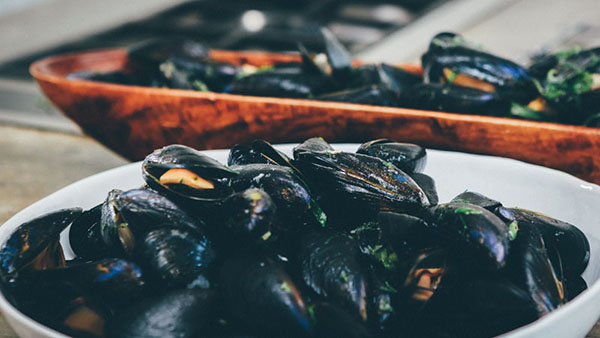
A research team has developed an innovative genomic chip that guarantees the authenticity of Galician mussels. It will serve to distinguish the geographical origin of mussels cultivated in Galicia from other locations, leading to improved seafood traceability and food fraud prevention.
“Tracing the geographical origin of this species is crucial to developing and implementing management strategies to mitigate invasion and protect the sustainable exploitation of native species,” said Ane del Río, an AZTI researcher and expert in food integrity.
As part of the European SEATRACES project, which seeks to improve the traceability of mussels and prevent possible food fraud, the study analyzed more than 200 samples of mussels from different geographical origins. In total, researchers identified 17 specific markers, making it possible to distinguish the geographical origin of the mussels with a high degree of accuracy.
On the basis of these genetic markers, researchers at AZTI worked together with the University of Santiago de Compostela (USC) to develop a genetic chip with the genetic profile of the Mediterranean mussel species Mytilus galloprovincialis. The chip offers producers and expert researchers a powerful genomic tool to identify, validate and assess complex genetic traits in this species.
“Producers can use these genetic markets to certify the origin of their products and boost consumer confidence,” said del Río “For their part, food authorities can use this information to ensure compliance with traceability and food safety regulations.”
In the fight against seafood fraud, the technology behind trace element fingerprinting is maturing
World aquaculture production of mussels reached 2.11 million tons in 2018, with an approximate value of $4.5 million, according to figures published in 2020 by the United Nations Food and Agriculture Organization (FAO). In the European Union, these mollusks represent 34 percent of total aquaculture production. Galicia, responsible for more than 97 percent of the aquaculture in Spain, is the leading producer among EU member states of one of the two main species – the Galician (or Mediterranean) mussel.
Guaranteeing origin and traceability is especially important in the case of mussels due to their importance in international trade and the long distances between where they are produced and consumed.
Follow the Advocate on Twitter @GSA_Advocate
Now that you've reached the end of the article ...
… please consider supporting GSA’s mission to advance responsible seafood practices through education, advocacy and third-party assurances. The Advocate aims to document the evolution of responsible seafood practices and share the expansive knowledge of our vast network of contributors.
By becoming a Global Seafood Alliance member, you’re ensuring that all of the pre-competitive work we do through member benefits, resources and events can continue. Individual membership costs just $50 a year.
Not a GSA member? Join us.
Author
-
Responsible Seafood Advocate
[103,114,111,46,100,111,111,102,97,101,115,108,97,98,111,108,103,64,114,111,116,105,100,101]
Tagged With
Related Posts
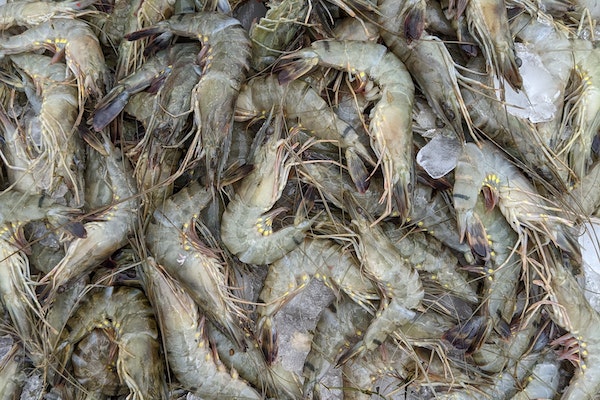
Intelligence
Seafood traceability partnership tackles mangrove restoration and better shrimp farming practices in Ecuador
Traceability technology enables seafood buyers to support mangrove restoration and carbon reduction initiatives in Ecuador.
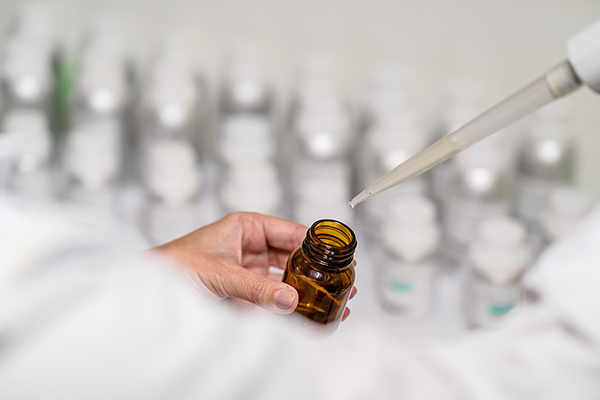
Intelligence
‘Through science, there’s no question’: How evidence-based transparency is changing seafood traceability
ORIVO, a science-based testing and certification service for the global feed and supplement industry, aims to change seafood traceability.
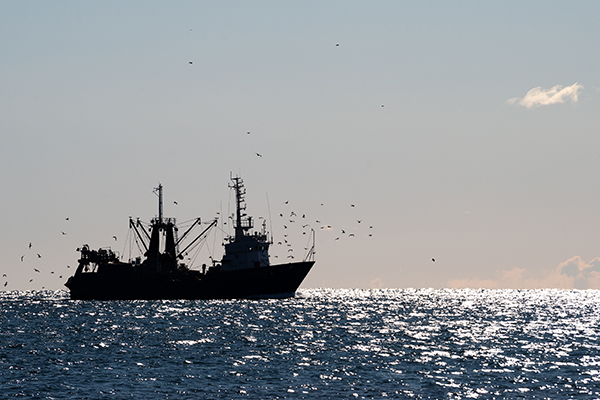
Responsibility
Marine sustainability program aims to improve seafood traceability and transparency
Encompass™, Scoular’s fishmeal brand, is launching a new marine sustainability program to improve seafood traceability and transparency.
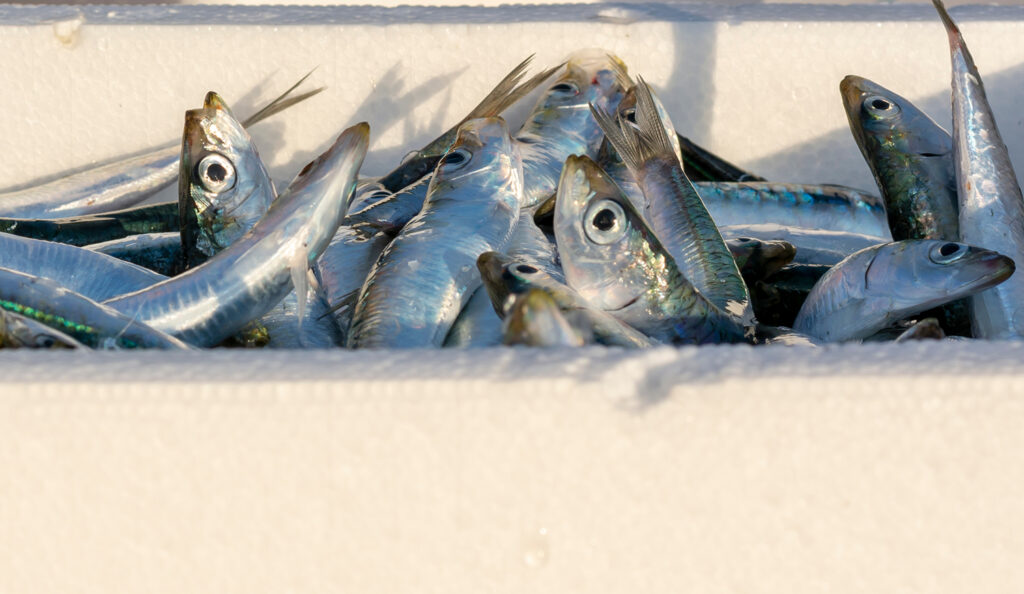
Intelligence
Will proposed FSMA traceability requirements secure or stress the seafood industry?
A proposed change to the Food Safety Modernization Act could improve traceability but be ‘burdensome’ for the seafood industry to implement.



